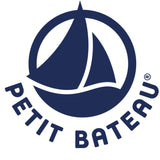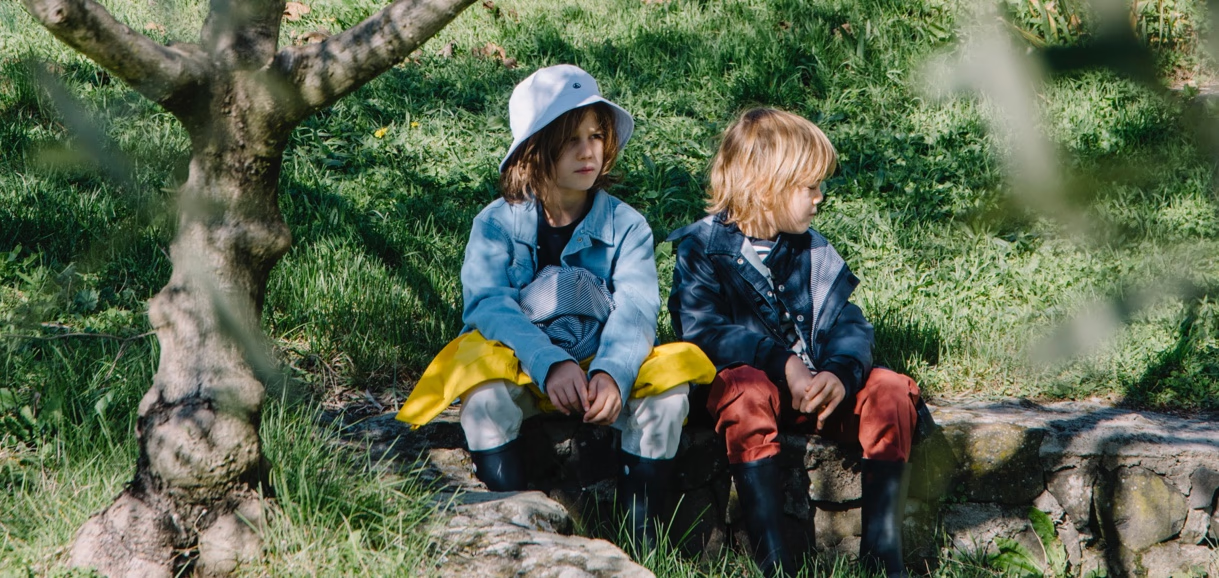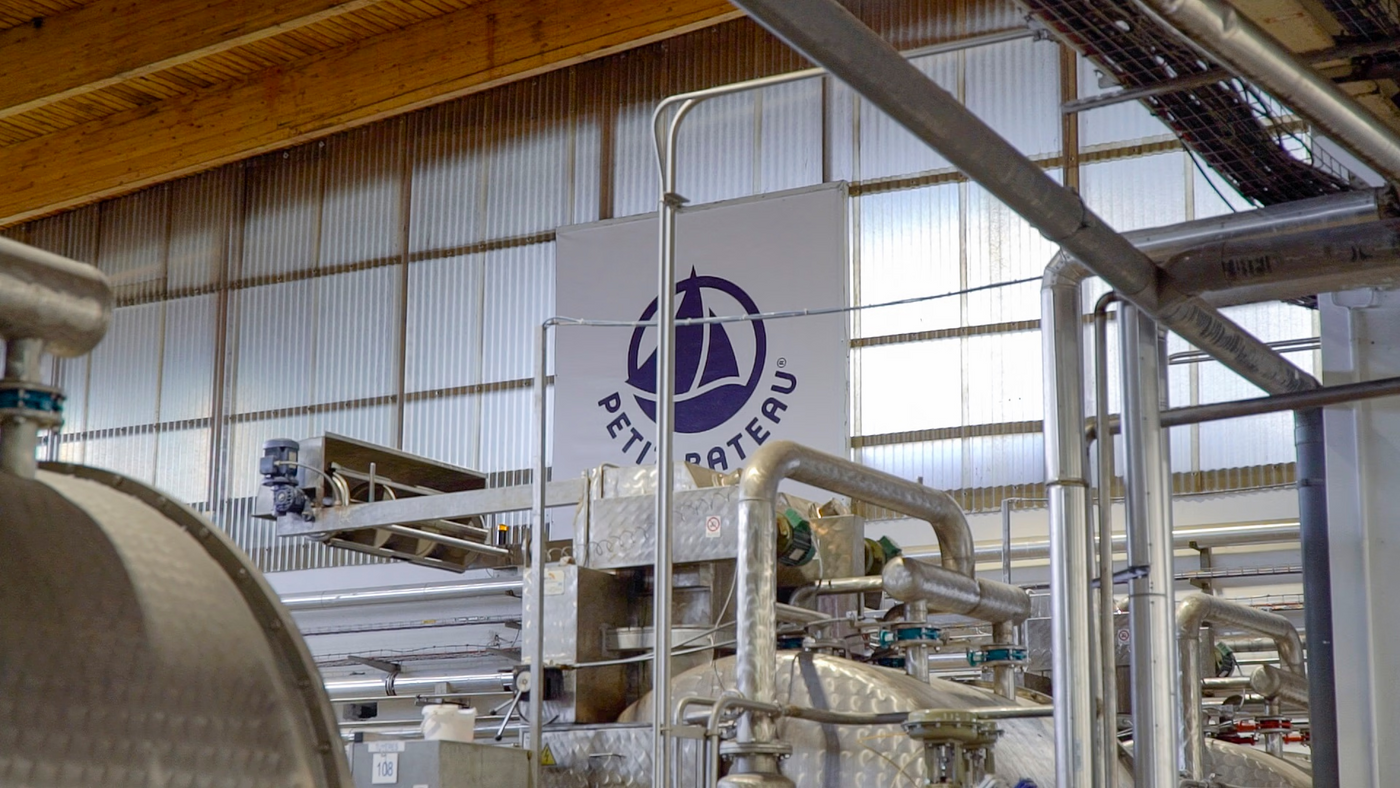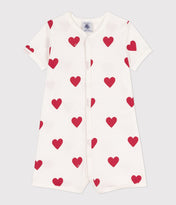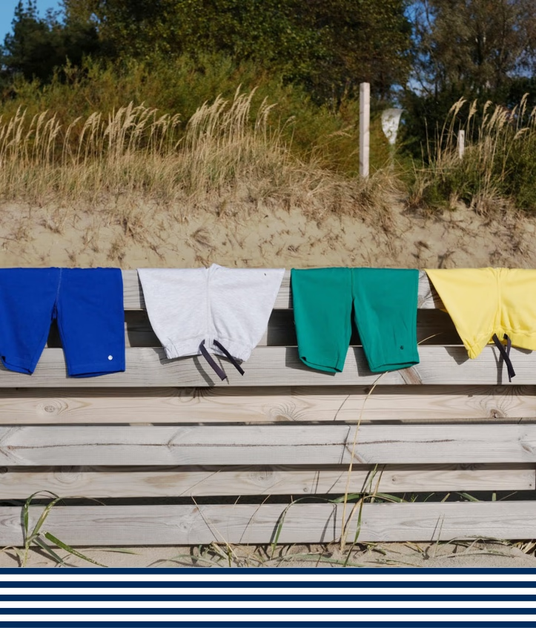
To make our fabrics and clothes sustainable, we select more environmentally-responsible materials and use more ethical and eco-friendly production methods.
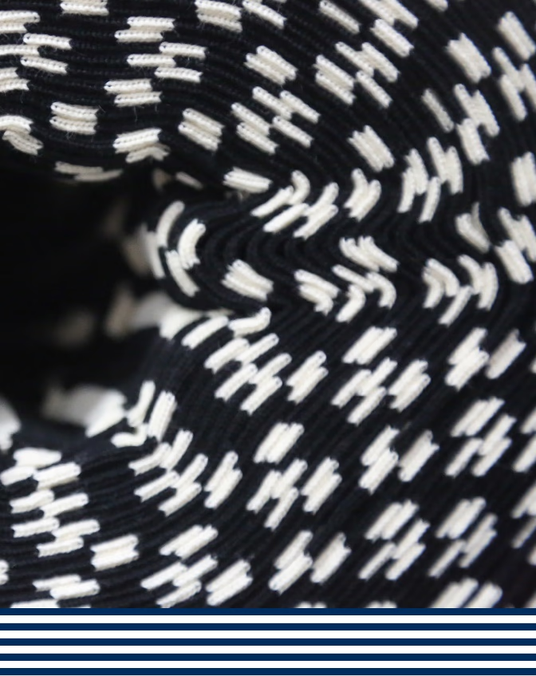
WE ARE ALSO WORKING ON
OTHER MATERIALS OF
NATURAL ORIGIN
such as linen, hemp, or on greener artificial materials such as tencel (produced from wood fibre). Through all of these experiments, we are trying to solve the same equation. How can we combine quality, responsibility and accessibility? We've stopped using cashmere as we couldn't find a channel that would guarantee animal well-being, quality and reasonable prices. We're committed to only using Responsible Wool Standard wool by 2023. This certification guarantees animal well-being and sustainable land management. Finally, we don't use many synthetic or artificial materials. We only turn to these when natural fabrics can't provide the same quality or feature. Our raincoats and swimwear are examples.
